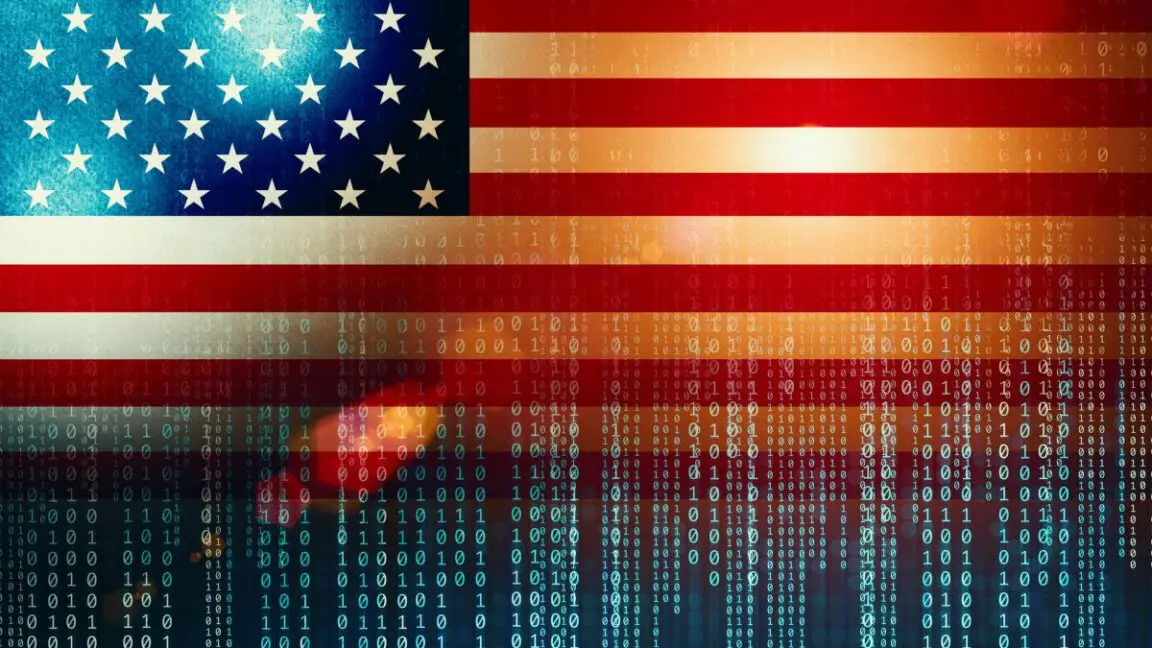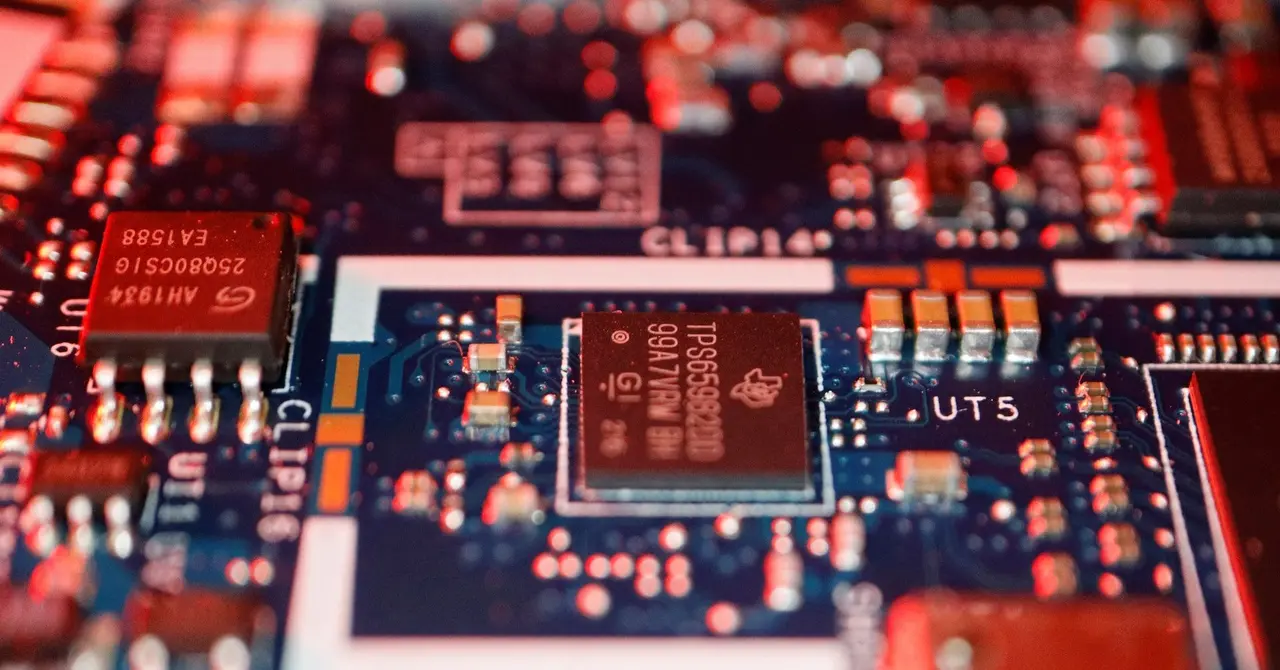Tech Giants and Foreign Leaders Challenge Trump Administration's AI Chip Export Controls
3 Sources
3 Sources
[1]
Tech Chiefs, Foreign Leaders Urge Trump to Rethink AI Chip Curbs
Senior foreign officials and major tech companies are pushing the Trump administration to rethink the country's global semiconductor strategy, as the US prepares a controversial framework for controlling artificial intelligence development around the world. The so-called AI diffusion rule, which restricts the number of AI processors that can be exported to most nations, prompted an outcry from tech giants like Nvidia Corp. after Biden officials unveiled it during their last week in office. US allies such as Israel and Poland also have chafed at the rules, which they worry will threaten their supply of the precious chips or make their countries less attractive for AI investment.
[2]
The Trump administration is being asked to relax some AI chip rules
As the U.S. prepares to roll out rules that will affect global artificial intelligence development, foreign government officials and tech company leaders are asking the Trump administration to relax some rules around chips, according to Bloomberg. The Framework for Artificial Intelligence Diffusion, which was unveiled at the tail end of the Biden administration, aims to control which countries, including U.S. allies, can import advanced semiconductors needed for AI development. Known as the AI diffusion rule, the framework puts countries into three different tiers, and it outlines how many chips countries can import, where the chips can be deployed, and how nations can work together on AI. With the May 15 deadline to be in compliance looming, foreign governments and tech companies are asking the Trump administration to rethink some restrictions out of worries that the rules could hamper AI development and investment, Bloomberg reported. Poland, for example, is reportedly concerned that data center investments from Google (GOOGL+1.30%) and Microsoft (MSFT+0.41%) could be negatively affected by computing caps. Indian officials, meanwhile, met with former president Joe Biden's national security council in January to discuss how it can access AI chips, people told Bloomberg. Oracle (ORCL-0.40%) and Nvidia (NVDA-0.35%), which both conduct business in countries under tougher restrictions from the rule (such as those in Southeast Asia), have both asked the Trump administration to scrap the current rule and draft regulations, Bloomberg reported. In January, Nvidia pushed back at the proposed rules in a blog post. "While cloaked in the guise of an 'anti-China' measure, these rules would do nothing to enhance U.S. security," Ned Finkle, vice president of government affairs at Nvidia, said in a statement. "The new rules would control technology worldwide, including technology that is already widely available in mainstream gaming PCs and consumer hardware. Rather than mitigate any threat, the new Biden rules would only weaken America's global competitiveness, undermining the innovation that has kept the U.S. ahead." At the moment, White House officials are debating how to implement the rule. Some officials have proposed getting rid of the tiered system and caps on computing power in favor of leaning more on export licenses for a majority of countries, Bloomberg reported, citing people familiar with the matter.
[3]
NVIDIA & Other Tech Giants Demand Trump Administration To Reconsider "AI Diffusion" Policy Which Is Set To Be Effective By May 15
NVIDIA, Oracle, and many other tech giants are now demanding the Trump administration reverse the "AI diffusion" policy, which could be devastating for the markets. It seems like the AI markets never get a break from policy changes. According to a Bloomberg report, tech companies are requesting the US government not to proceed with an AI policy introduced under the Biden administration. It is claimed that the policy is set to be effective in around two months from now, and given that it gets implemented, firms like NVIDIA could see a major hit in AI revenue, mainly since the policy restricts the flow of chips to other nations by a huge margin. Before we go into the report, let's take a look at the "AI Diffusion" policy. Introduced by the previous government, it divided the countries to which NVIDIA's advanced AI GPUs can be exported into three categories. The first is a list of nations that are either aligned with US national security objectives or are not a threat to the US. These countries can secure the chips without any hindrance. The second category consists of hostile nations such as Russia and Iran, which are entirely barred from procuring either US-origin GPUs or AI software. Finally, the third category limits countries like India from importing large amounts of GPUs without scrutiny. These nations will be able to import specific amounts of GPUs without regulatory scrutiny, and the restrictions are designed to prevent the targeted countries from building large-scale data centers capable of advanced defense research. Interestingly, US key allies like Poland and Israel will, too, face chip export restrictions, which raises the question about what the policy is intended for. Under the Trump administration, the policy could see different forms, including all countries requiring an export license to acquire AI chips and limiting the shipment volumes based on the country importing them. The key target for the current administration is to limit tech transfer to the likes of China, which has been ongoing despite the US implementing export restrictions.
Share
Share
Copy Link
Tech companies and foreign officials are urging the Trump administration to reconsider the AI diffusion rule, which restricts the export of advanced AI processors globally. The policy, introduced by the Biden administration, faces criticism for potentially hampering AI development and international investments.

AI Diffusion Rule Sparks Global Debate
The Trump administration faces mounting pressure from tech giants and foreign leaders to reconsider the controversial AI diffusion rule, a policy framework designed to control the global development of artificial intelligence. This rule, introduced during the final days of the Biden administration, has ignited a fierce debate about the balance between national security and technological innovation
1
.Understanding the AI Diffusion Rule
The Framework for Artificial Intelligence Diffusion categorizes countries into three tiers, dictating the number of AI processors that can be exported to most nations. This tiered system aims to regulate the flow of advanced semiconductors crucial for AI development
2
.- Tier 1: Countries aligned with US national security objectives or deemed non-threatening.
- Tier 2: Hostile nations like Russia and Iran, completely barred from accessing US-origin GPUs or AI software.
- Tier 3: Countries like India, facing limitations on importing large quantities of GPUs without scrutiny
3
.
Industry Pushback and Concerns
Tech giants, including Nvidia and Oracle, have voiced strong opposition to the current rule. Nvidia's vice president of government affairs, Ned Finkle, argued that the rules would "do nothing to enhance U.S. security" and instead "weaken America's global competitiveness"
2
.The industry's concerns primarily revolve around:
- Potential hindrance to AI development and innovation
- Negative impact on international investments
- Weakening of America's competitive edge in the global tech market
International Reactions and Diplomatic Tensions
US allies, including Israel and Poland, have expressed apprehension about the rules. Poland, for instance, worries that the computing caps could negatively affect data center investments from tech giants like Google and Microsoft
2
.Indian officials have also engaged in discussions with the previous administration's national security council to address concerns about accessing AI chips
2
.Related Stories
Potential Policy Revisions
As the May 15 deadline for compliance approaches, the Trump administration is reportedly considering alternative approaches to implement the rule. Some officials have proposed:
- Eliminating the tiered system
- Removing caps on computing power
- Relying more heavily on export licenses for most countries
2
Balancing National Security and Innovation
The core challenge for the Trump administration lies in striking a balance between safeguarding national security interests and fostering technological innovation. While the policy aims to limit tech transfer to countries like China, critics argue that it could have unintended consequences for the broader AI ecosystem and America's technological leadership
3
.As the debate continues, the global tech community watches closely to see how the Trump administration will navigate these complex issues and shape the future of AI development worldwide.
References
Summarized by
Navi
Related Stories
Microsoft Urges Trump Administration to Reconsider AI Chip Export Restrictions
26 Feb 2025•Policy and Regulation

Trump Administration Rescinds Biden's AI Chip Export Restrictions, Promises Simpler Rules
08 May 2025•Policy and Regulation

Trump Administration Considers Overhaul of Biden's AI Chip Export Rules
30 Apr 2025•Policy and Regulation

Recent Highlights
1
ByteDance Faces Hollywood Backlash After Seedance 2.0 Creates Unauthorized Celebrity Deepfakes
Technology

2
Microsoft AI chief predicts artificial intelligence will automate most white-collar jobs in 18 months
Business and Economy

3
Google reports state-sponsored hackers exploit Gemini AI across all stages of cyberattacks
Technology





